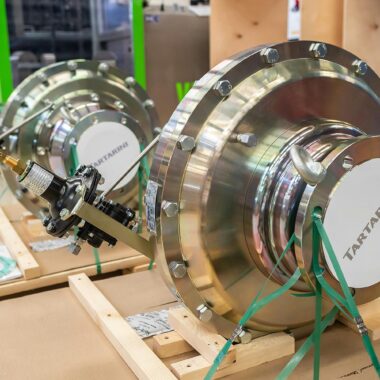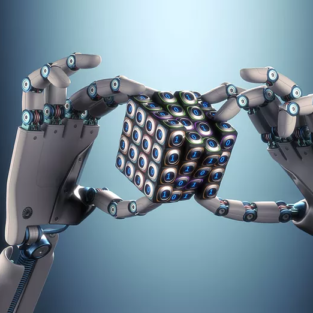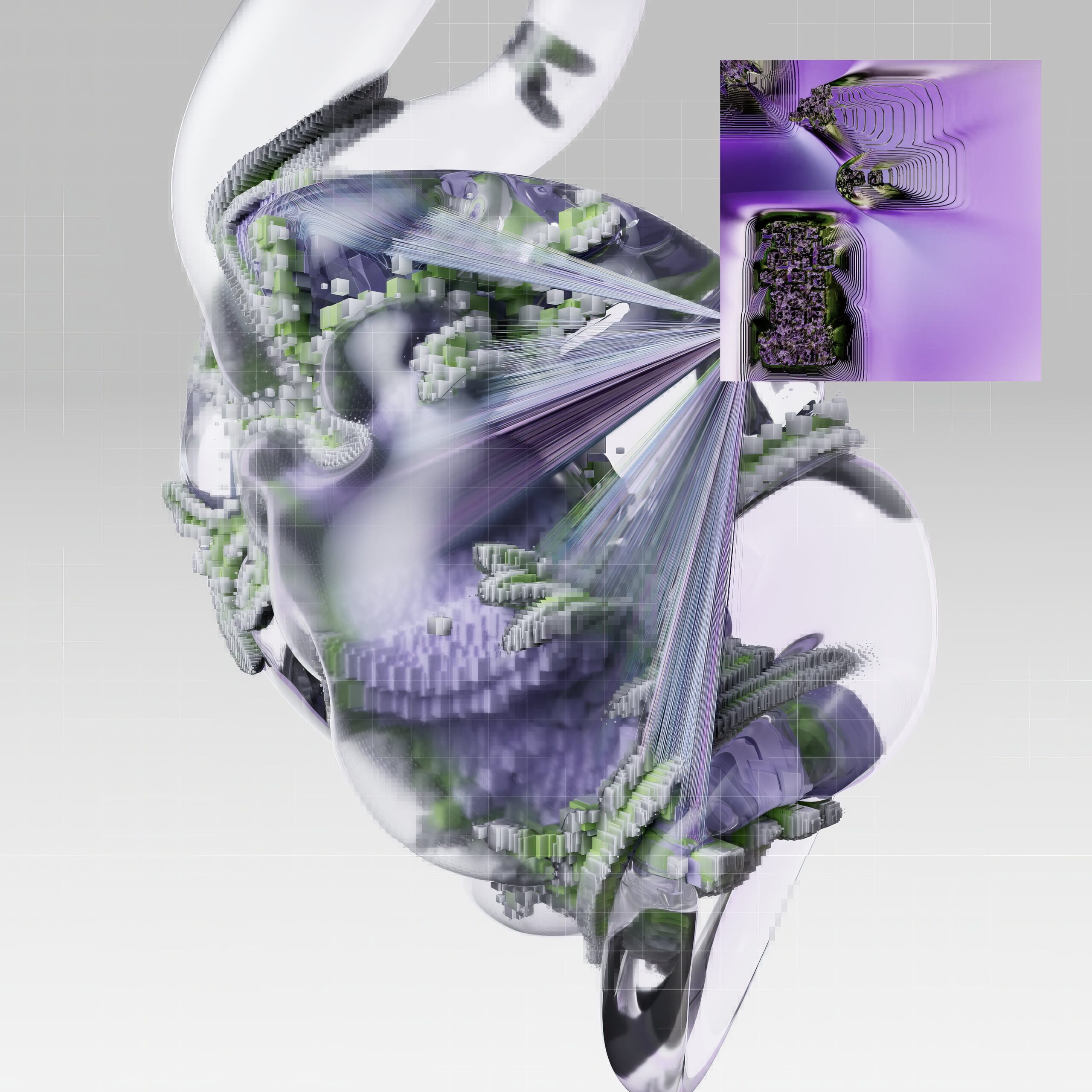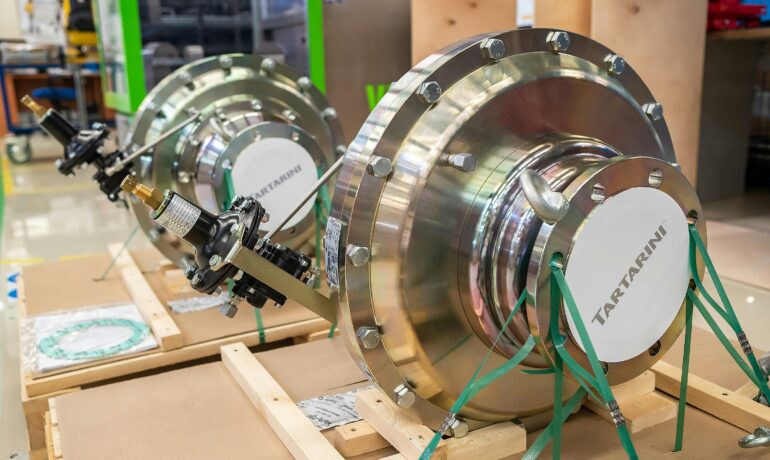Recently some youngsters approached us with heart-breaking stories about their parents having passed away and of not being able to find employment despite extremely high qualifications. If we create the right ecosystem in India, enabling value addition and creation here, our companies will be able to give jobs to these deserving youngsters. Instead, orders still routinely being given by BSNL, MEITY, Niti Aayog to FOEMS/ Big Tech/ the Big 4 robs our youngsters from gainful employment and perpetrates the low-tech, pitiable state of Indian manufacturing. Here is the latest brilliant move by a security-impervious public sector utility, remember when the Public Sector was supposed to promote the public interest?
BSNL partnership with Airbus for “secure” communications on BSNL’s mobile networks
SITARA has drawn the attention of Shri Ajit Doval, NSA, to the national security implications of BSNL’s decision to provide ostensibly ‘secure’ communications on its mobile networks through an Airbus Tactilon Agnet 500 platform (https://www.securelandcommunications.com/tactilon-agnet#2452c207). It is claimed this ‘will allow sectors such as defence, police and other law enforcement agencies, transport, healthcare, power utility, airports, ports, mining, oil and gas, disaster management, and other businesses to benefit from secure voice, text, and data communications solutions… while using BSNL’s public operator telecom network’. BTW, we recently learnt that it may be part of the 5 Eye Alliance!
Our letter also emphasises the economic dangers inherent in Indian entities consistently promoting foreign OEMs and solutions over domestic ones, even as even the most advanced high-tech power on the planet the United States acknowledges and highly values the contribution of Indians to upgrading its AI and semiconductor capabilities – the key trillion dollar drivers of technological and economic value creation. SITARA believes that “If we create the incentives in our country to promote and install domestic ICT products in our networks due to timely measures taken in the name of National Security, India can emerge as a major ICT super-power.
For example, China treats “network security as integrated rather than fragmented”, promoting domestic solutions even as India was signing a host of FTAs dooming our Electronics history to low value assembly / oblivion. In the 1990s it had the foresight to create an Information Industry Ministry to guide the development of a strong domestic ICT industry. This is the reason China has caught up at warp speed in Information & Communications Technologies by treating them in a holistic, strategic way.
India must treat the security of Information & Communications Technologies in a holistic manner. Even the UK has objected to a US company Nvidia taking over Arm, an advanced semiconductor company. India cannot afford Being, Airbus or Google taking over secure communications in critical infrastructure sectors.
To those who are interested, here is a link to President Xi Jinping’s speech on cybersecurity and informatization, April 2016.
Disclaimer: SITARA has been at the forefront of the battle to remove Chinese ICT companies from India, but we are ever ready to draw some lessons from successful ICT strategies worldwide. Even Ram urged Laxman to go learn from Ravana on his death-bed.
Main points made by President Xi Jinping:
- China’s foremost priority is in making breakthroughs in core technology
- China biggest gap is in core technology and biggest hidden danger is that core technology is restricted by others.
- If China wants to grasp the initiative in Internet development and ensure Internet security and national security” (note the two are clubbed together), “it must break through the core technology problem.
- For this, China must “work hard, unswervingly implement the innovation-driven development strategy, invest more human, material and financial resources in core technology research and development, and gather elite forces to make strategic arrangements.
- The most critical and core technology should be based on independent innovation and self-reliance. The market cannot buy core technologies, and money cannot buy core technologies. China must rely on its own research and development.
- “Relationship between security and development: Network security is integrated rather than fragmented. In the information age, network security affects national security and is closely related to many other aspects of security. Security is a prerequisite for development, and development is the guarantee of security. Security and development must be advanced simultaneously.
SITARA has been consistently emphasizing the importance of National AND Economic Security.
- He also emphasises the critical importance of basic research and of investment in scientific research and the importance of, because for technology to develop, it must be used: “The final results of core technology research and development should…be market products, technical strength, and industrial strength.”
This is an important affirmation as SITARA’s focus has been on promoting domestic procurement, as without it, no innovation can survive.
SITARA’s own content is subject to copyright. Please attribute when using.
Most images are from royalty-free websites, and a special thanks to Pixabay for this. Being a not-for profit Trust dedicated to promote indigenous science and technological capabilities, we sometimes borrow other images with acknowledgement – hope this is all right.










More Stories
Win-Win Solution for the Farmers’ Agitation
iSPIRT and SITARA’s proposal for a Sovereign Compute Stack
Joint Inputs for draft Deep Tech Policy